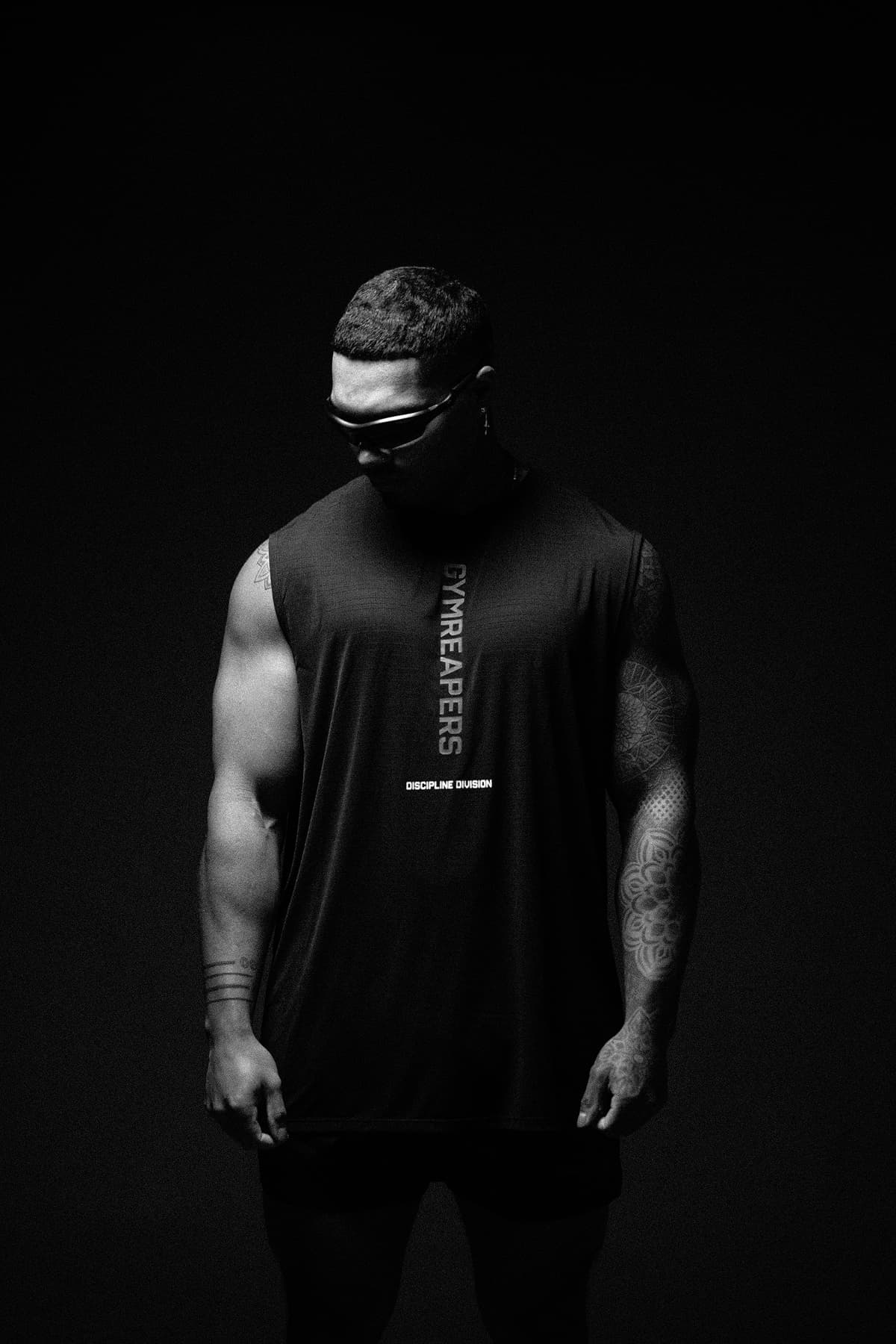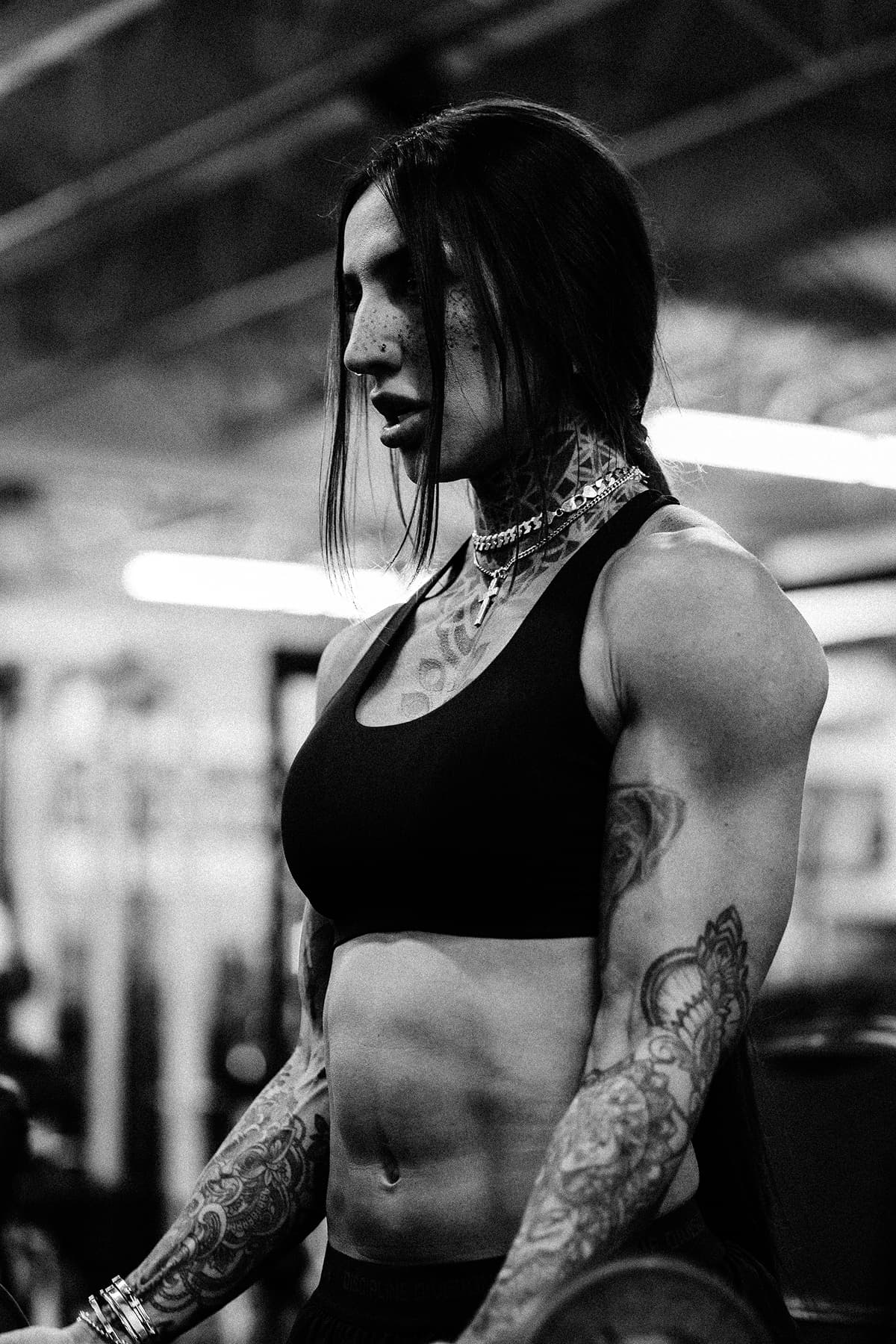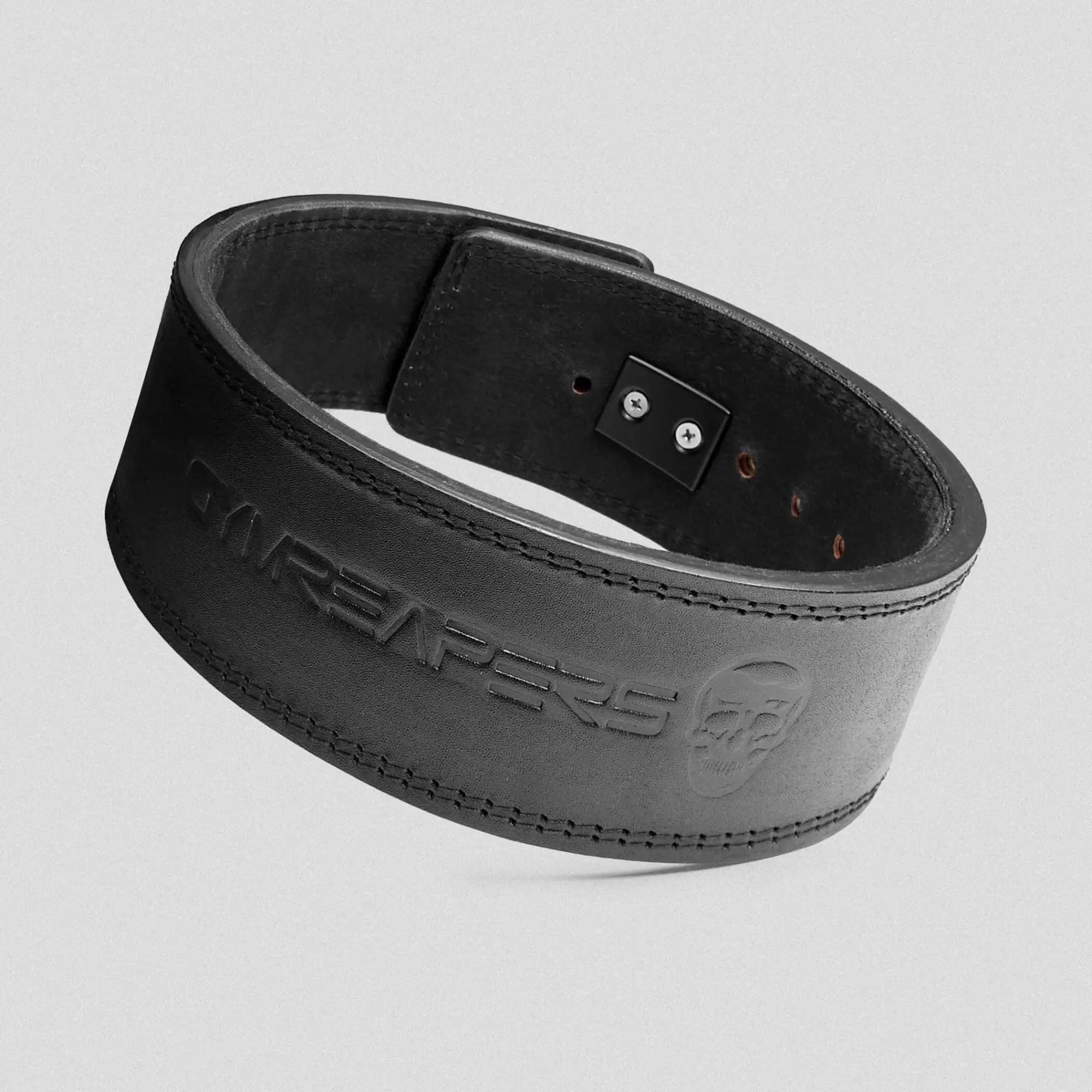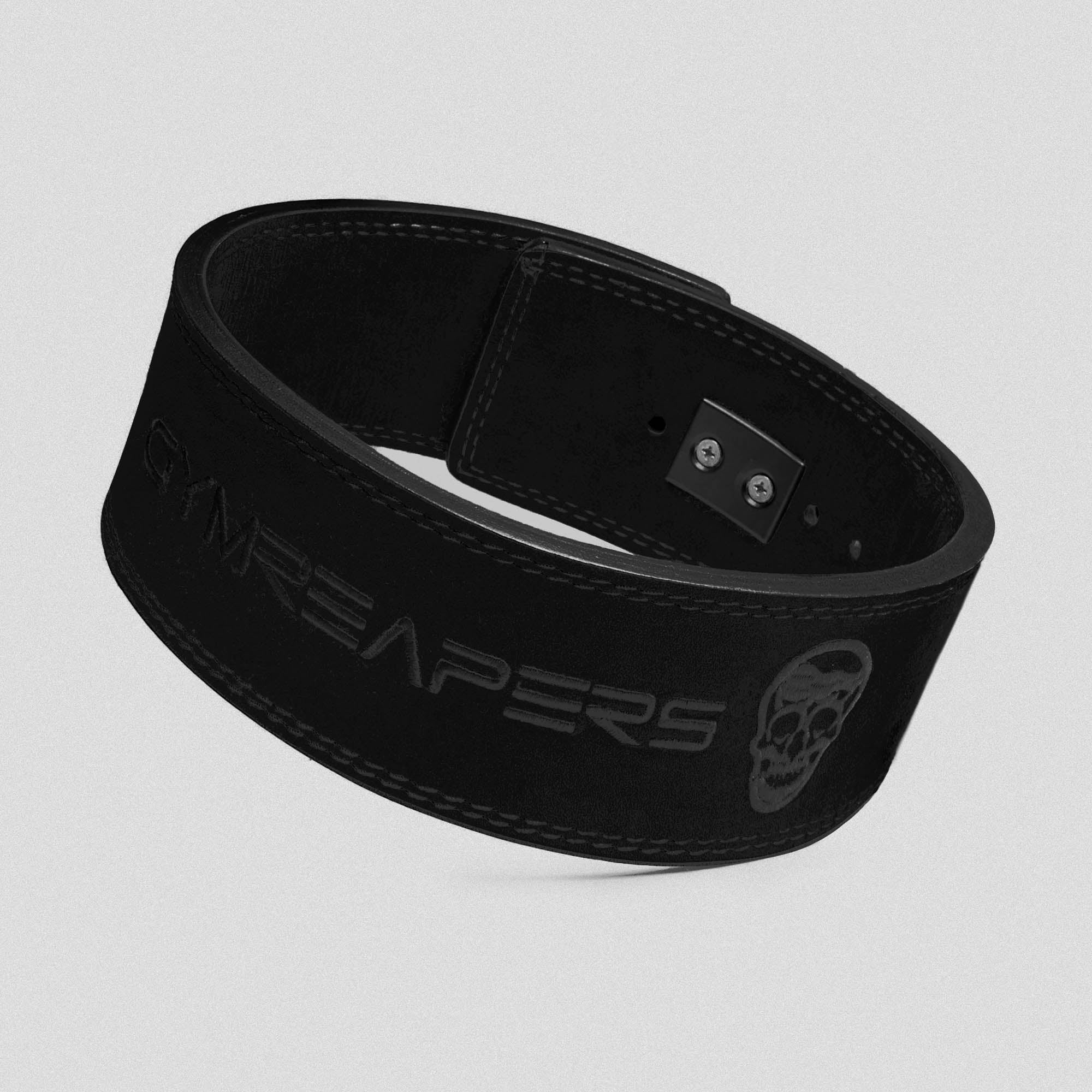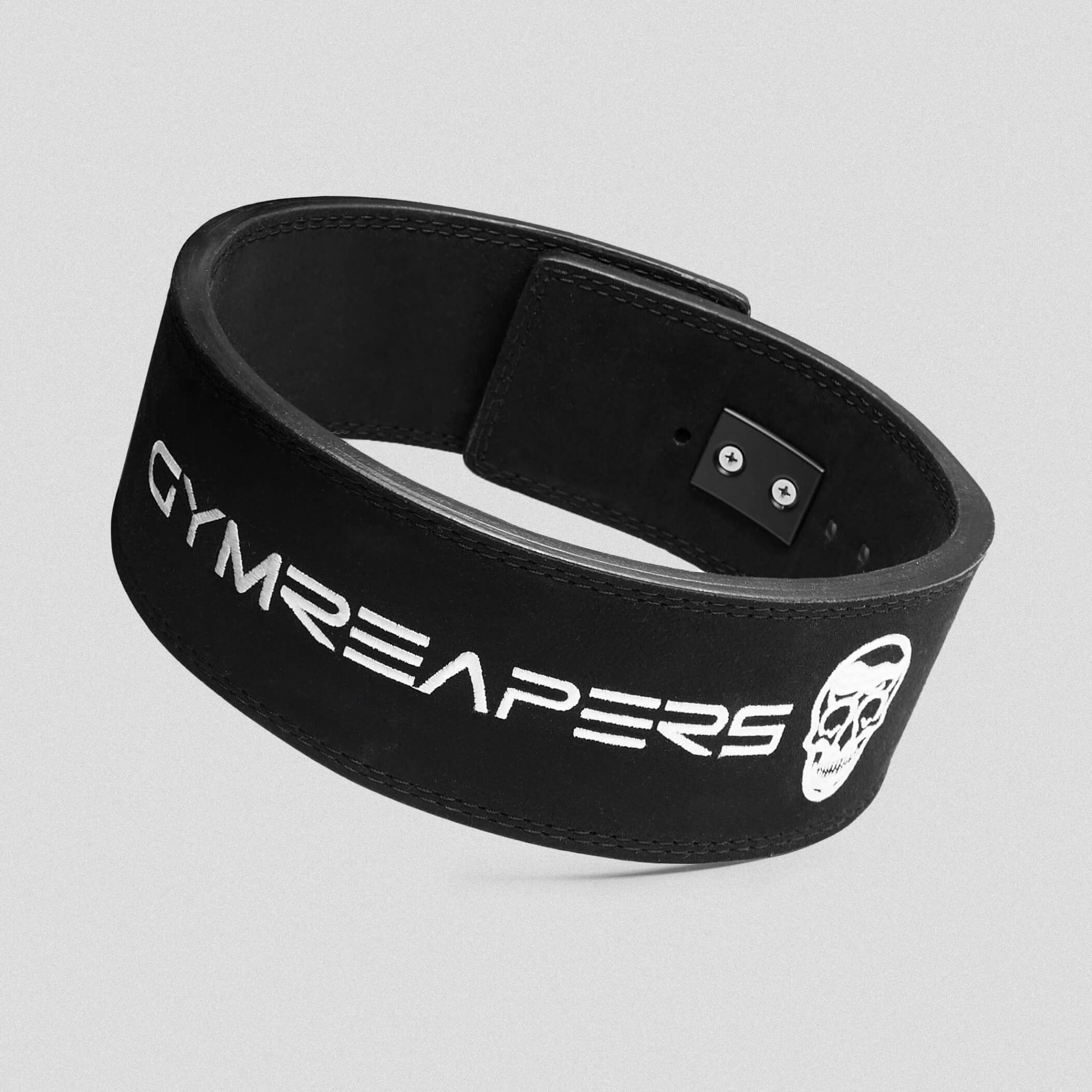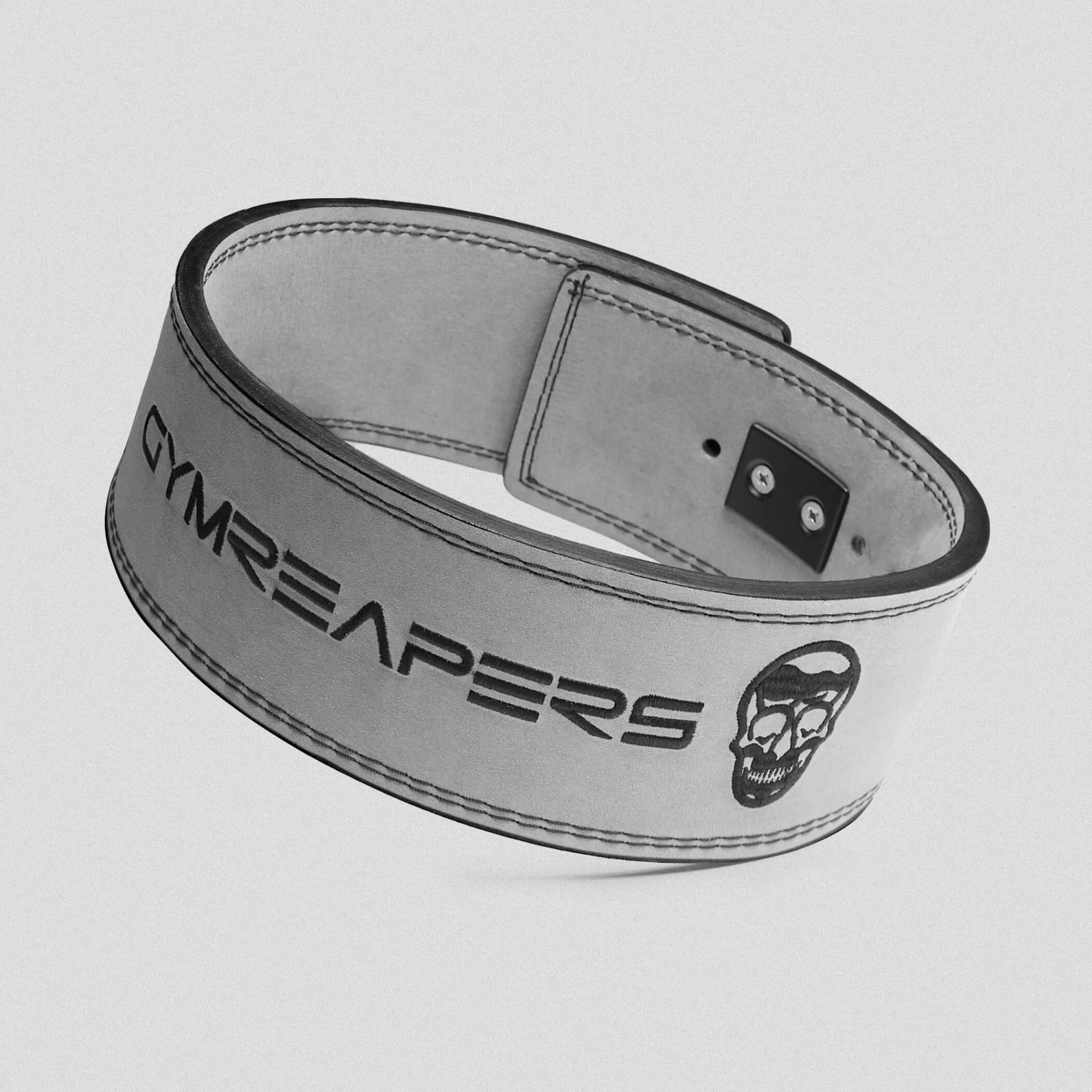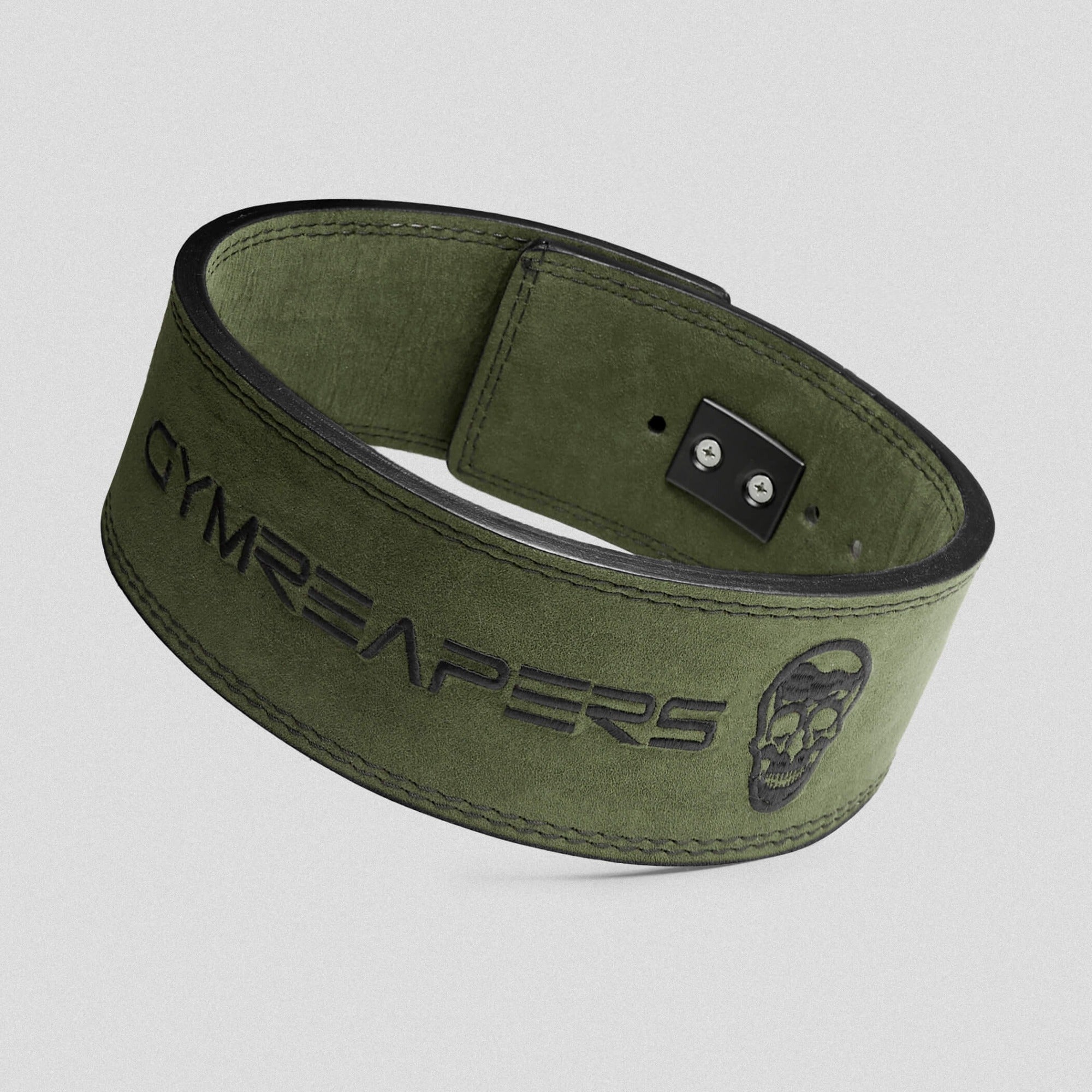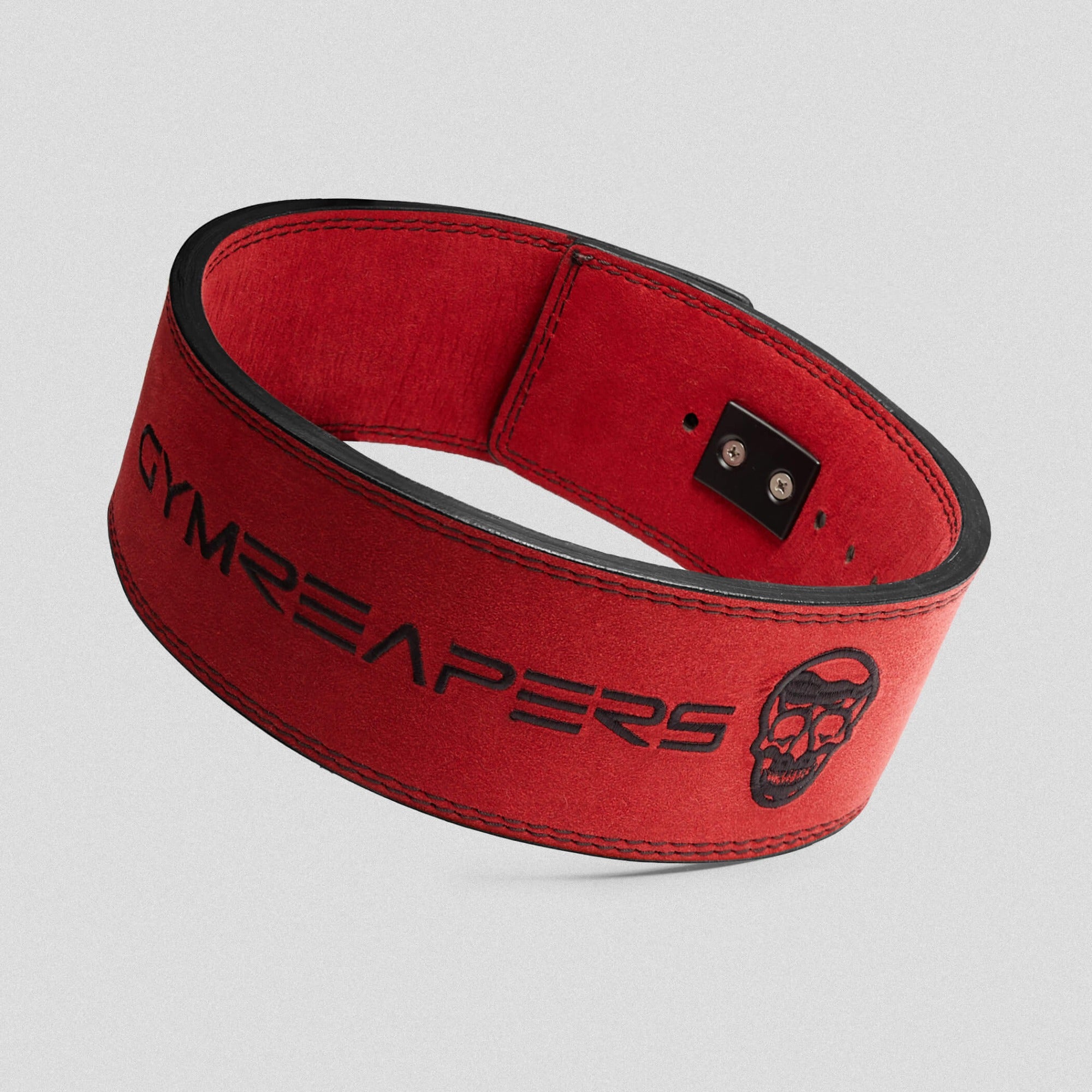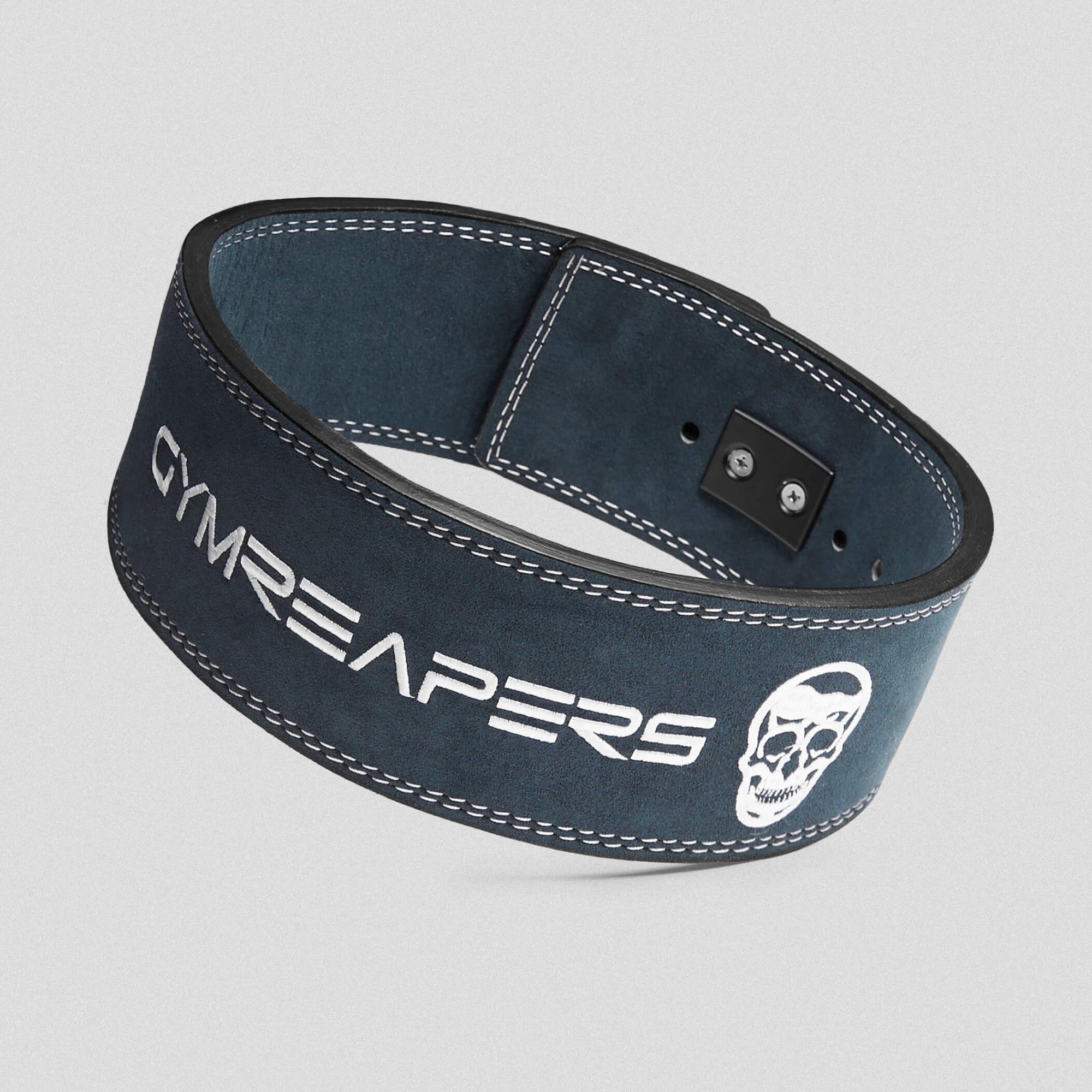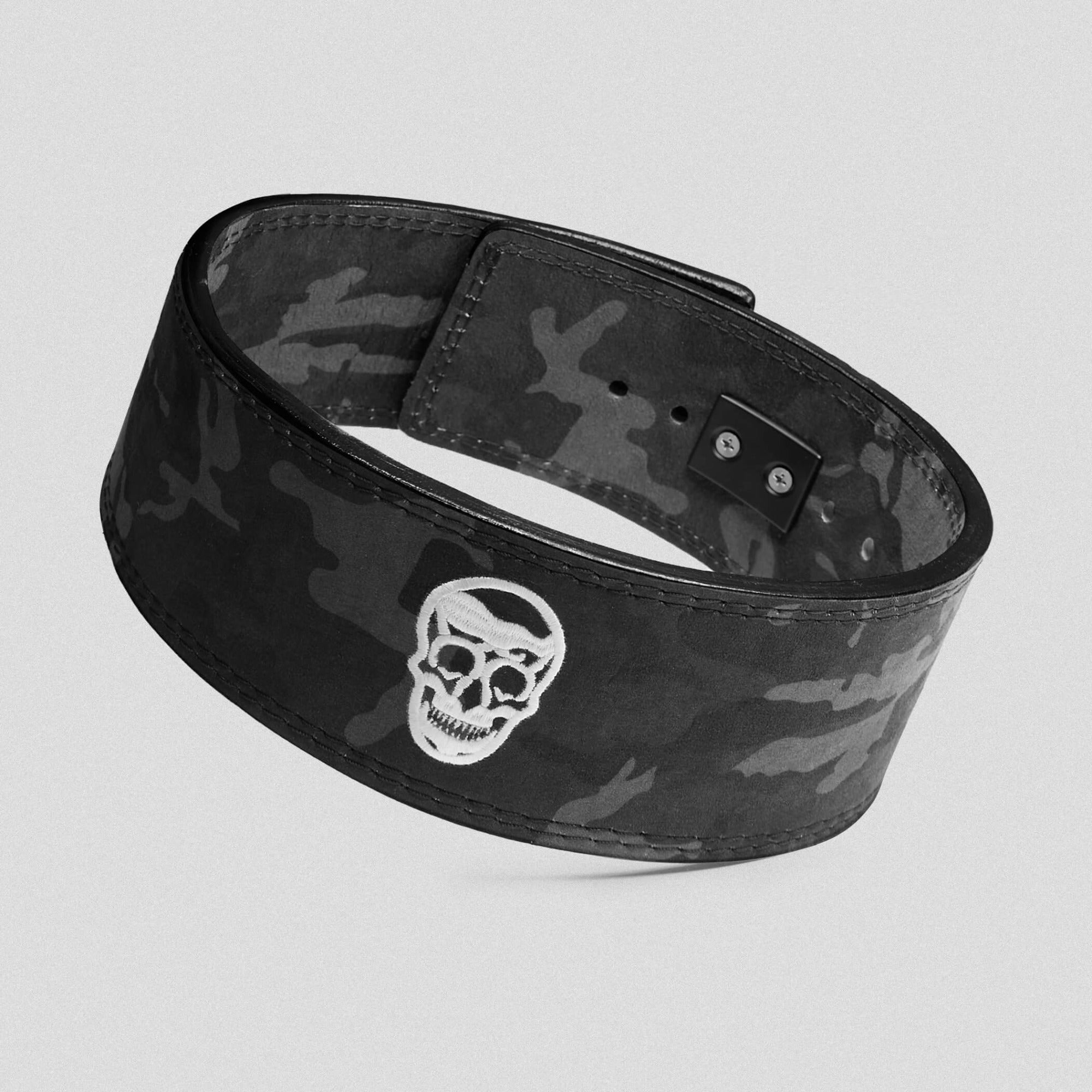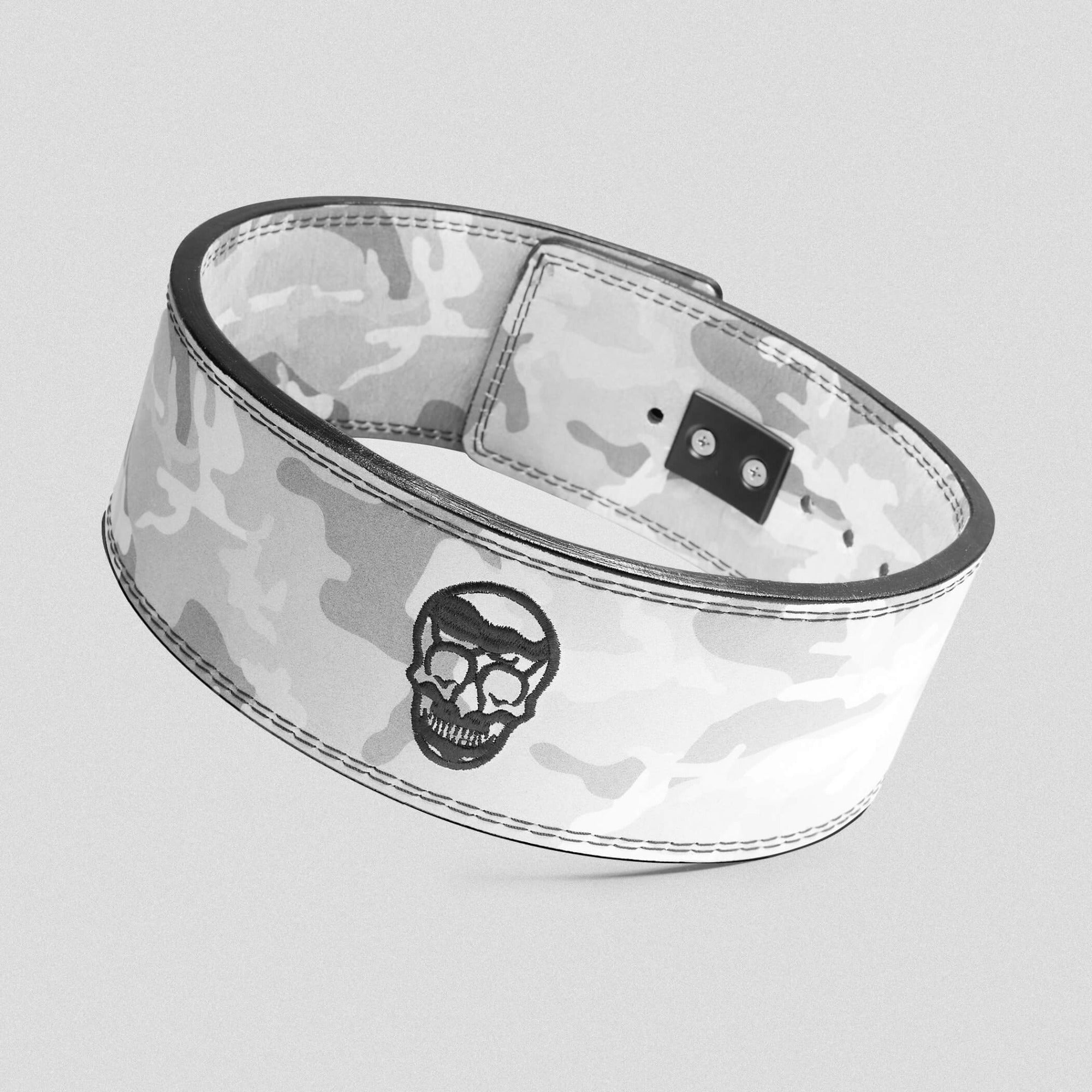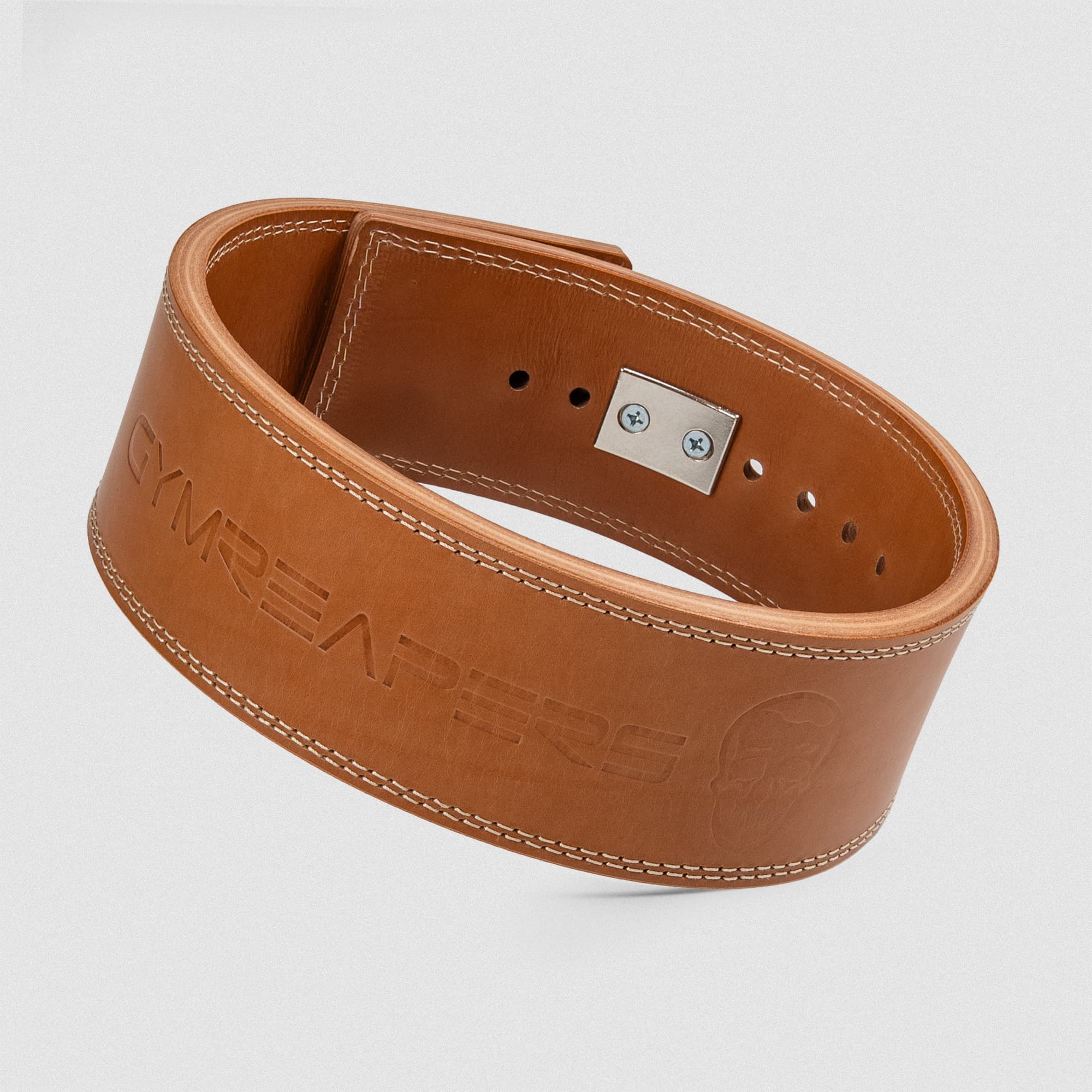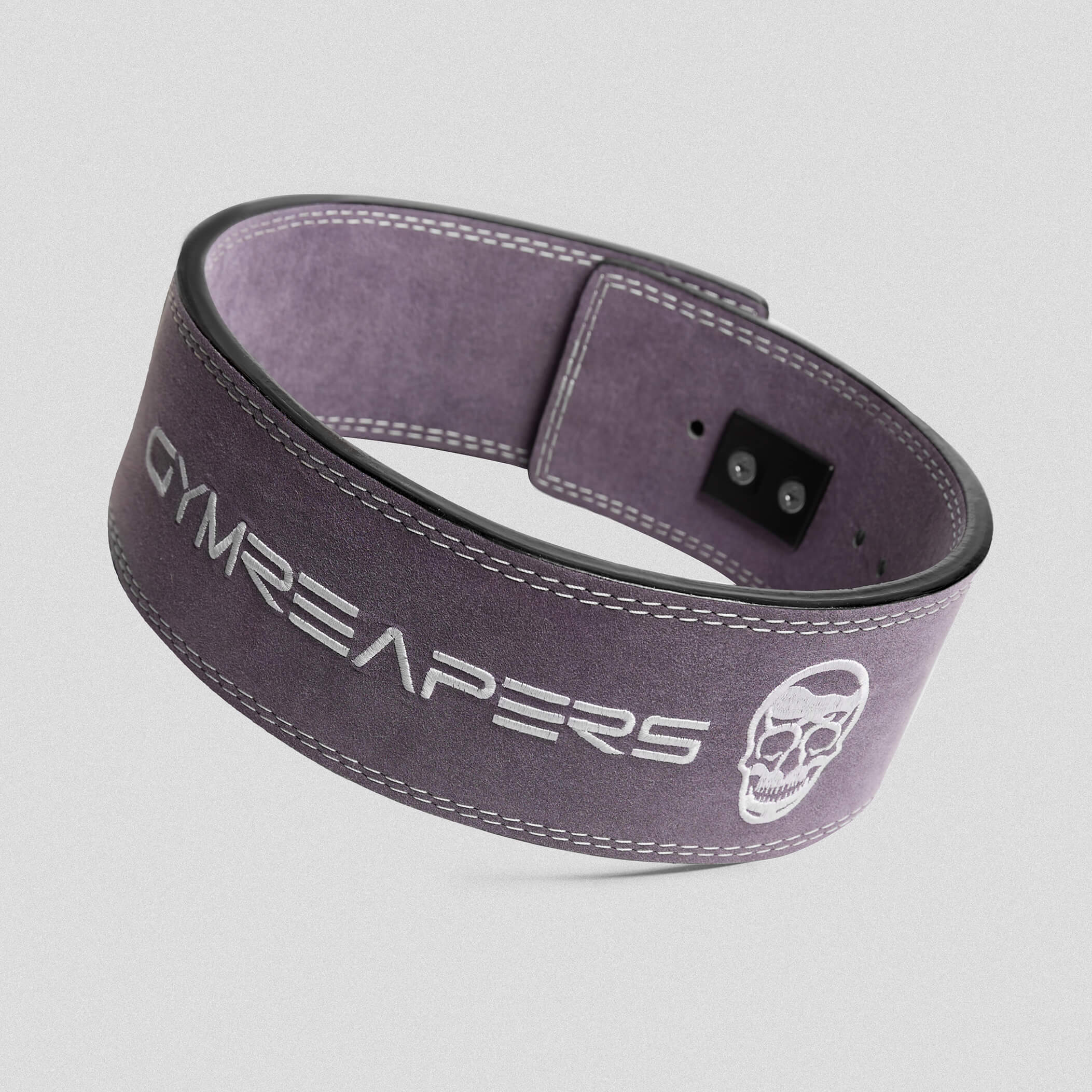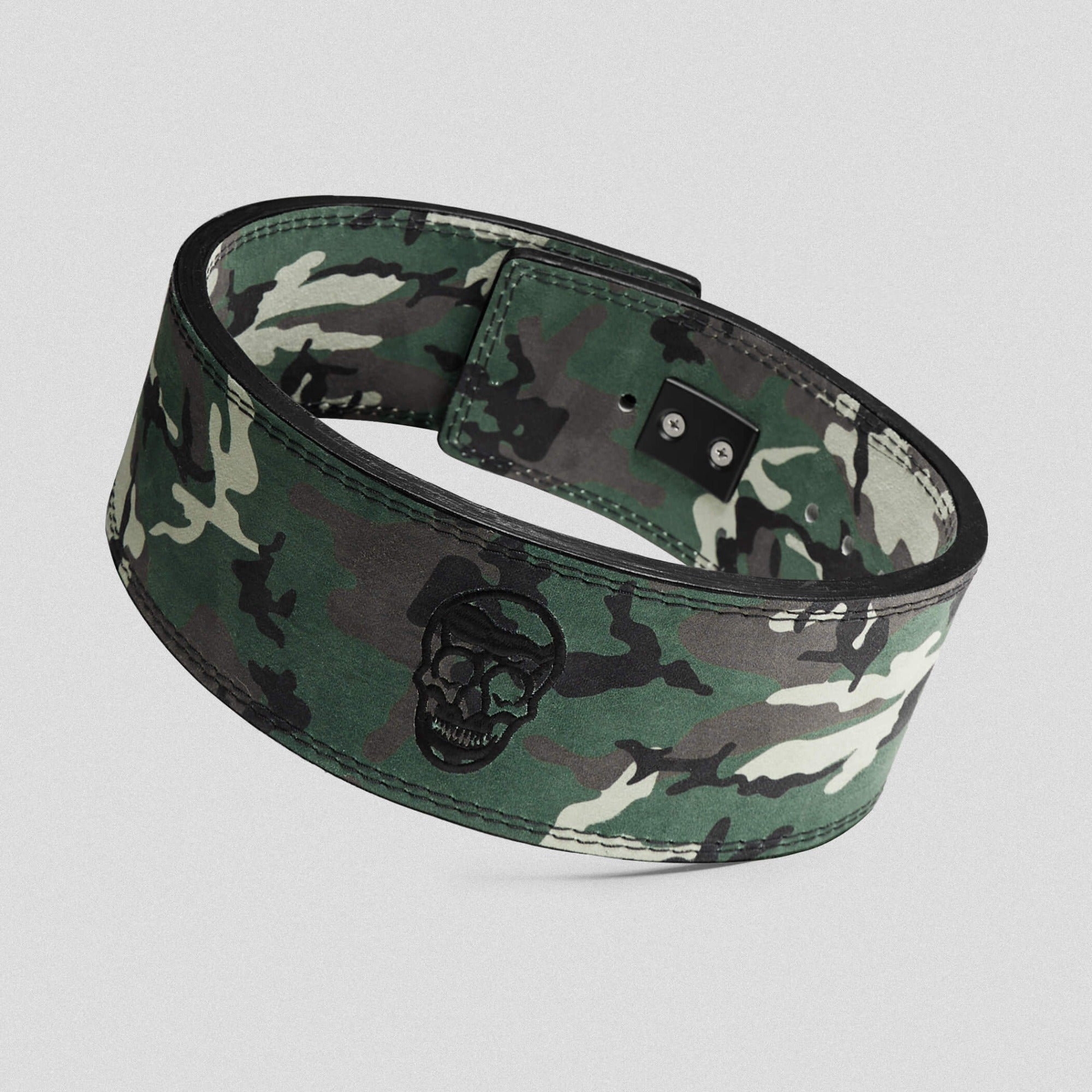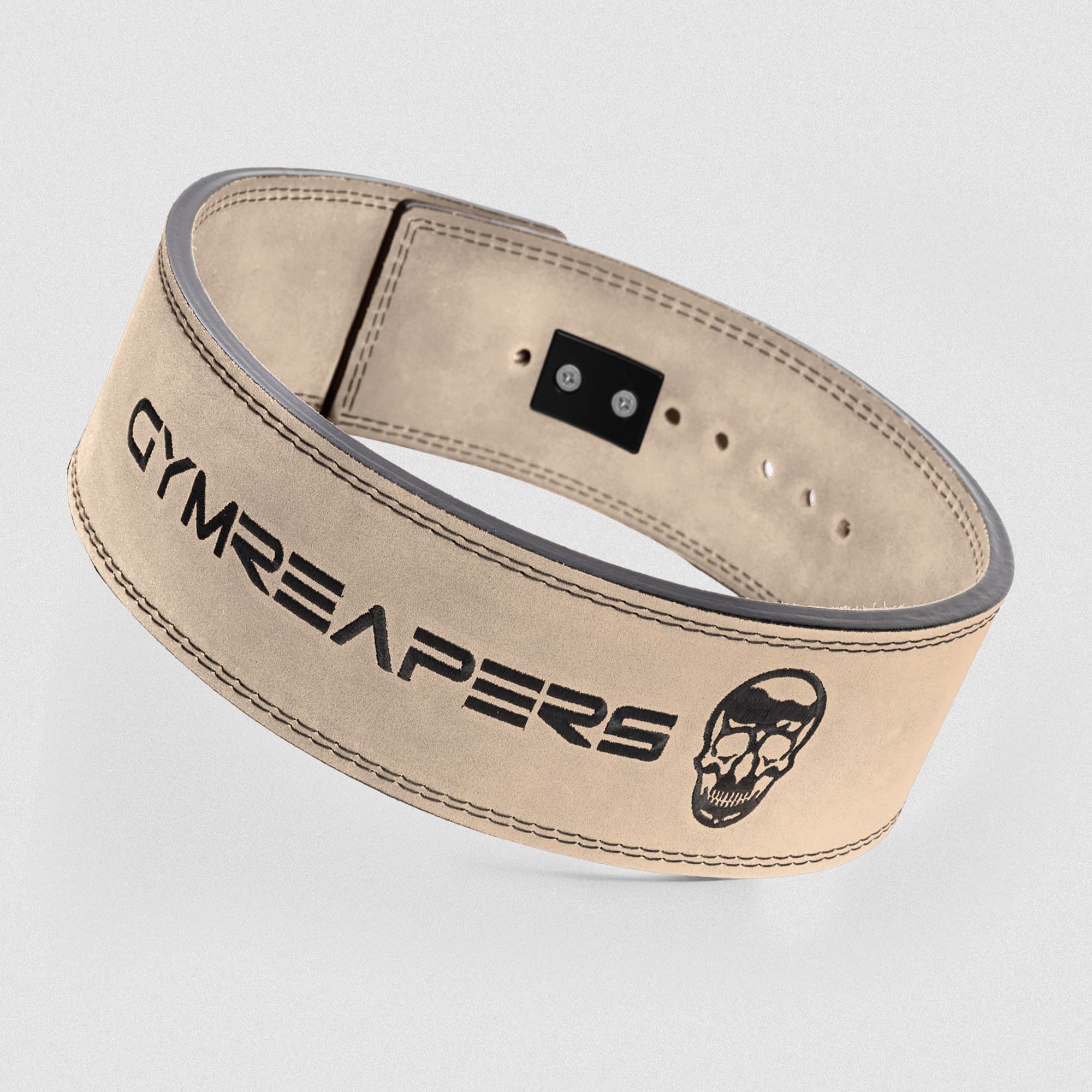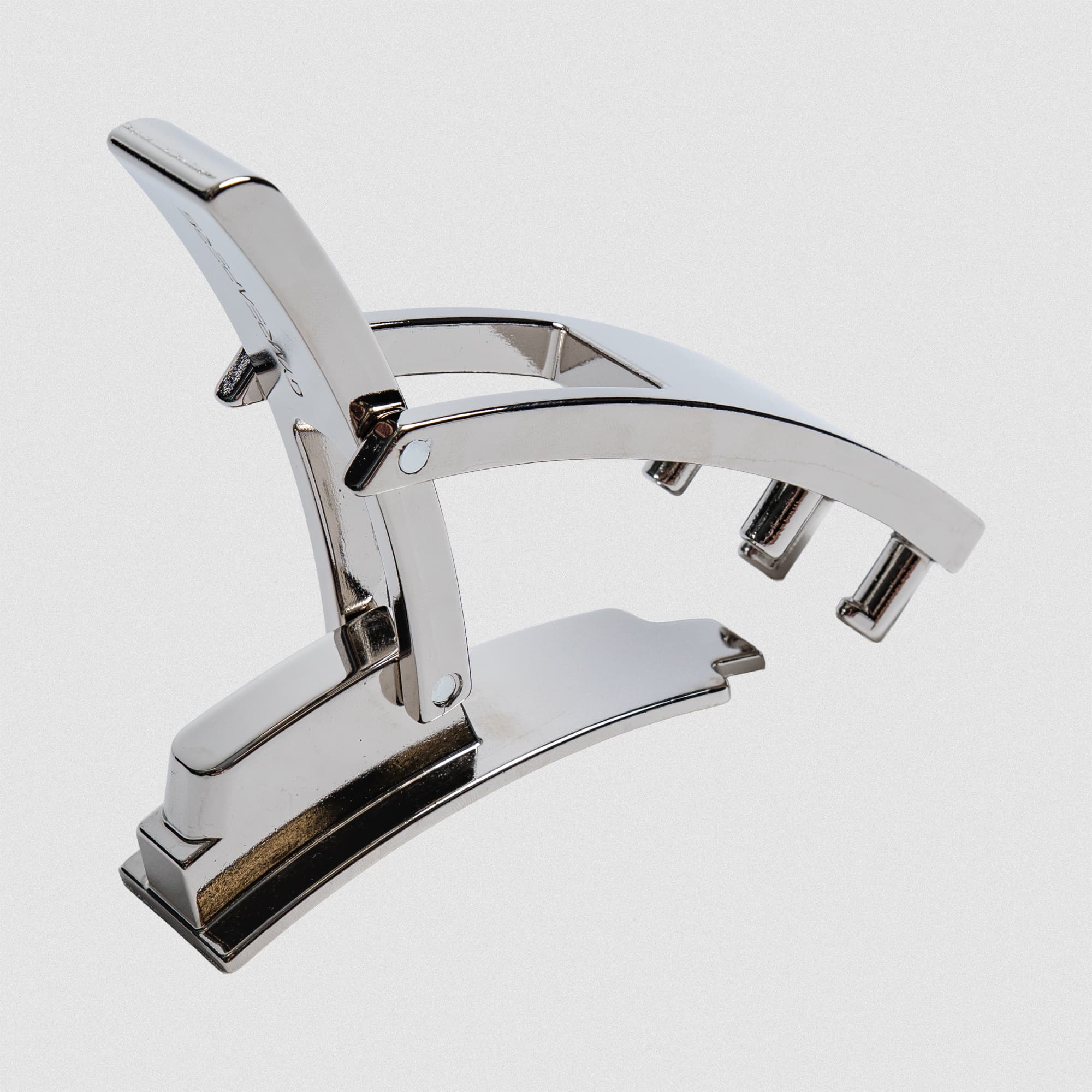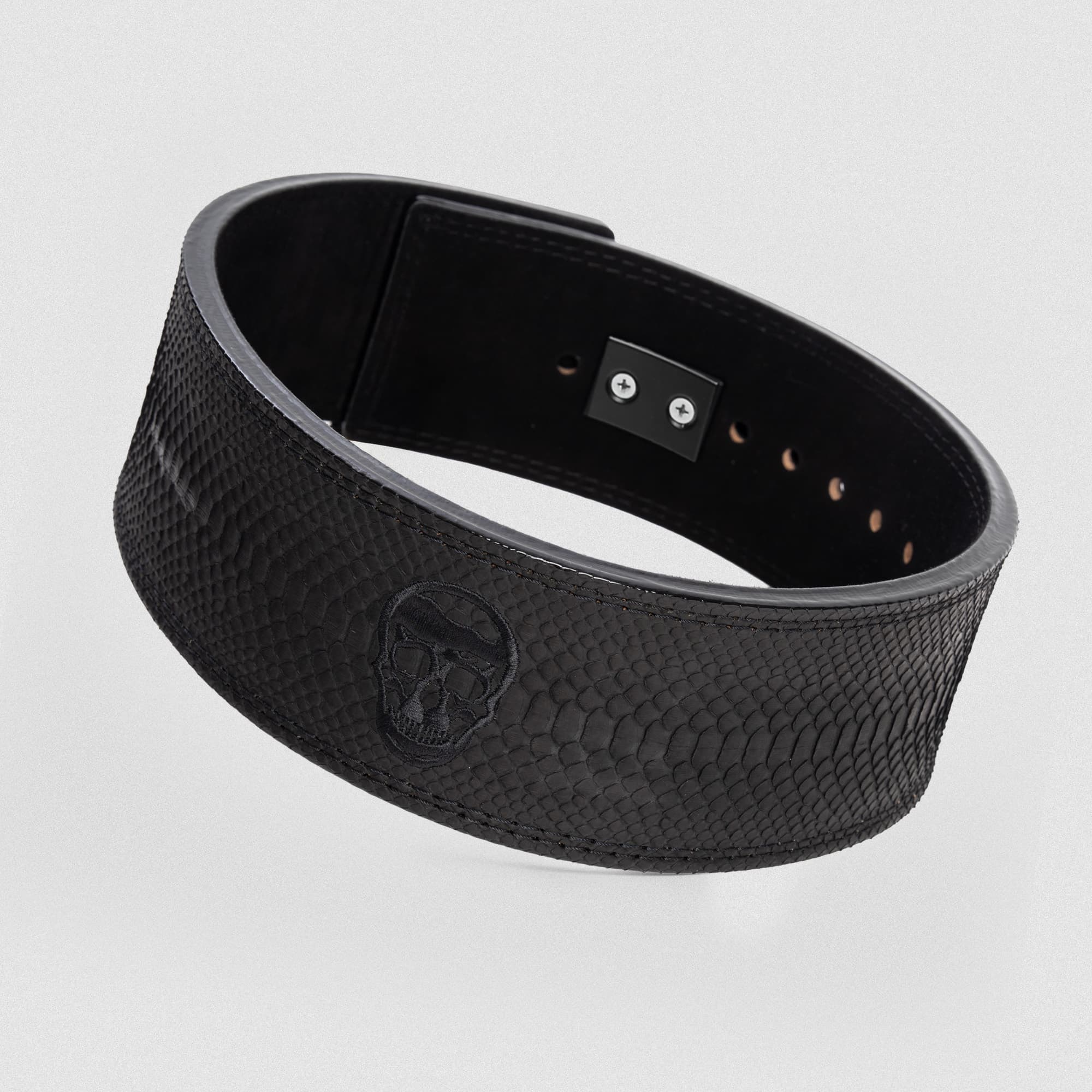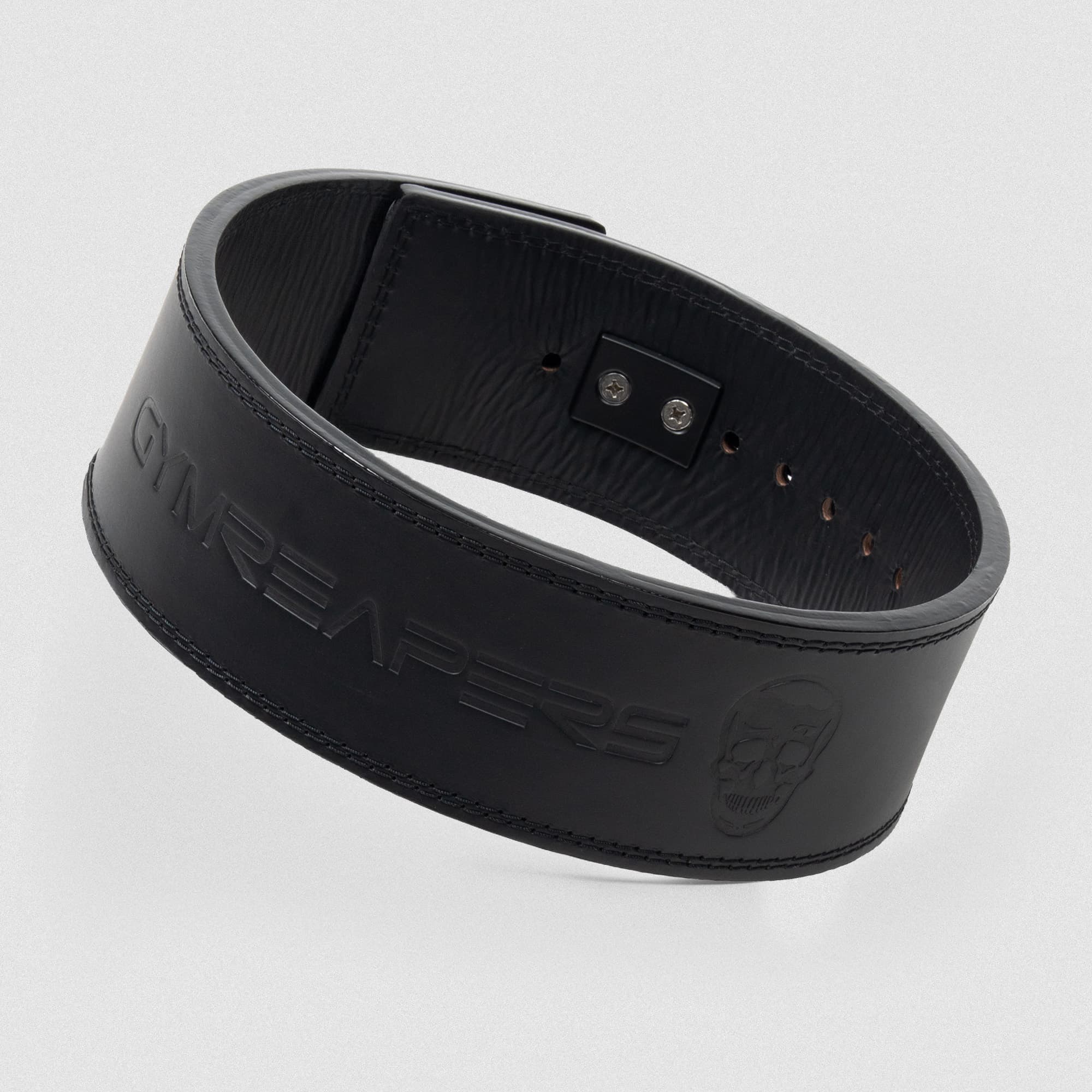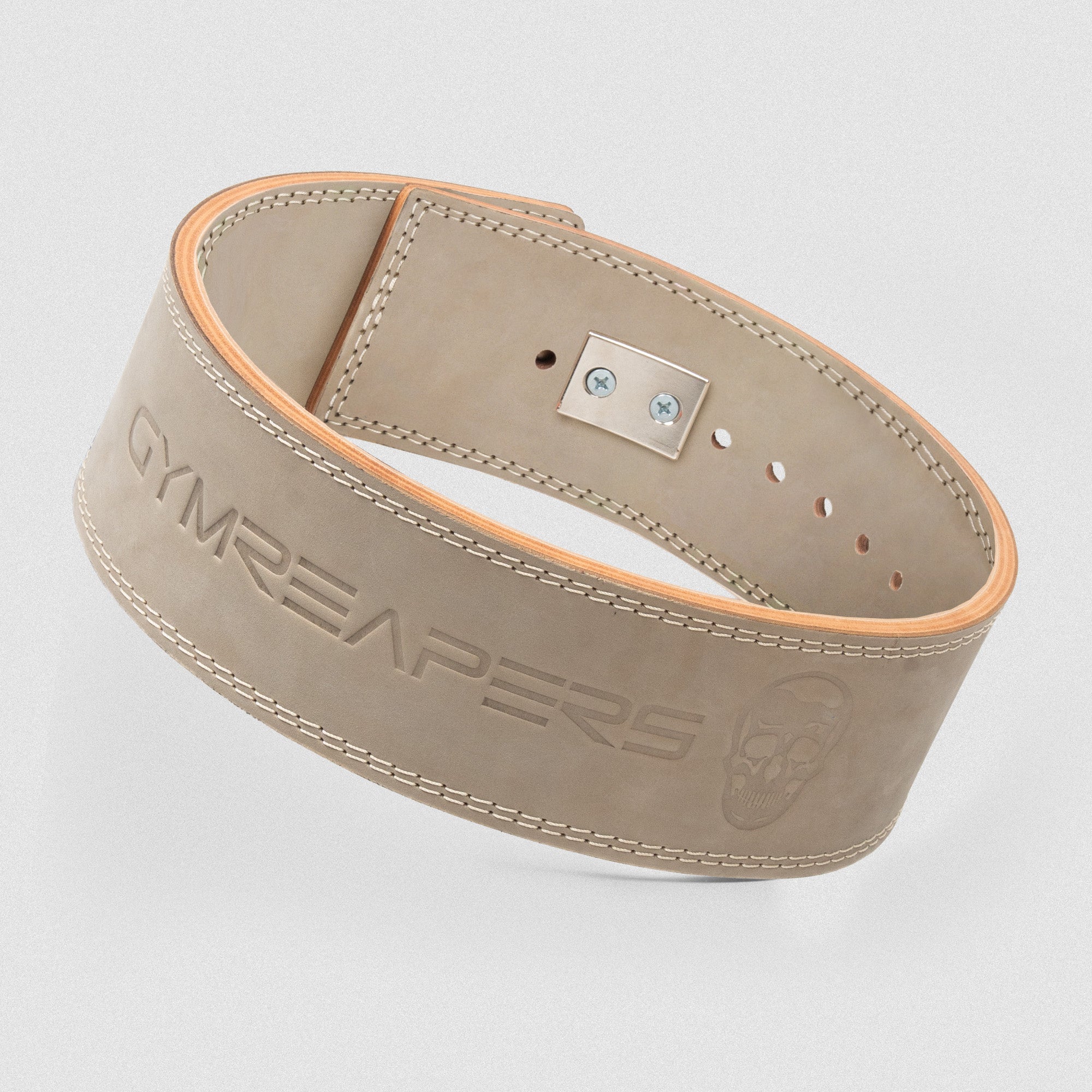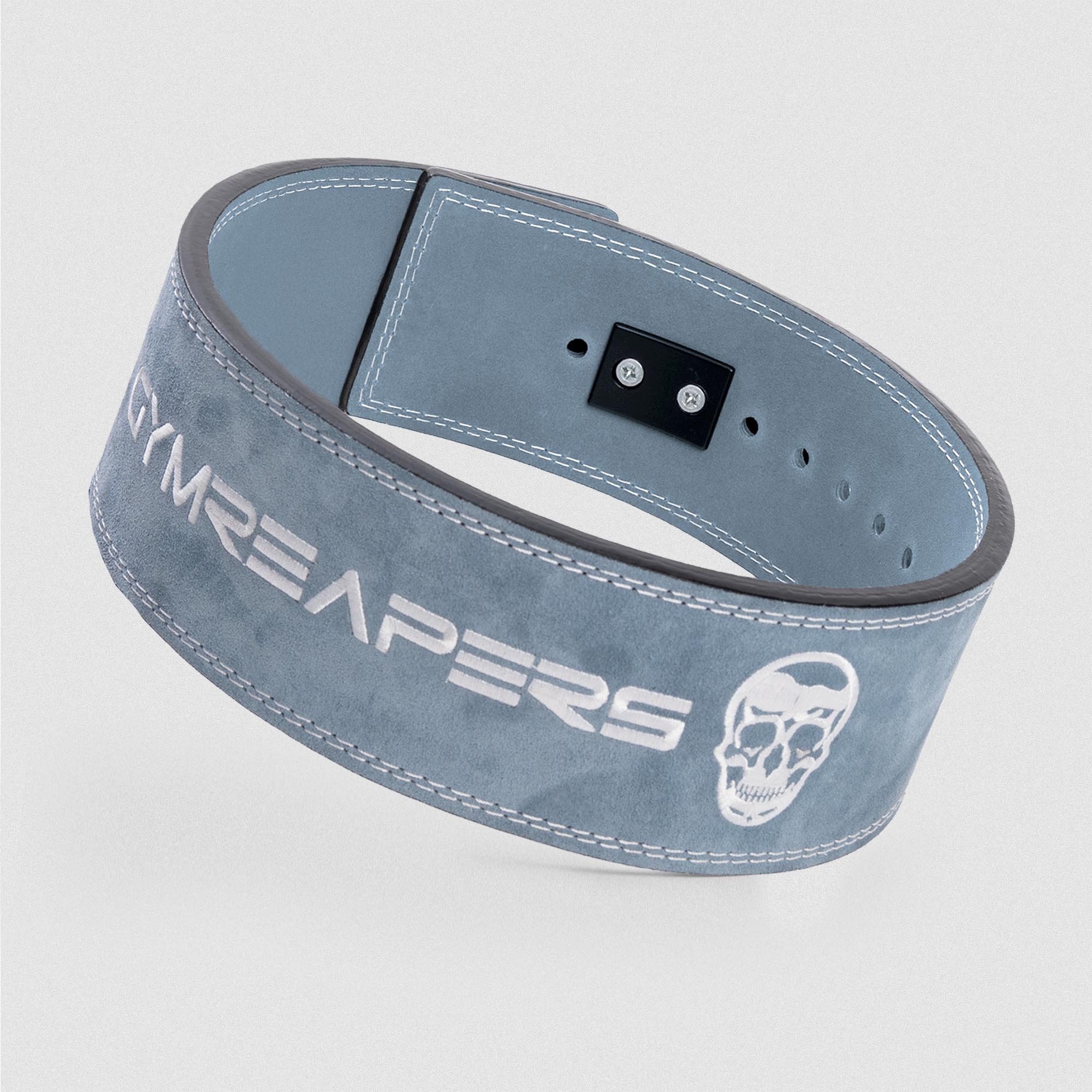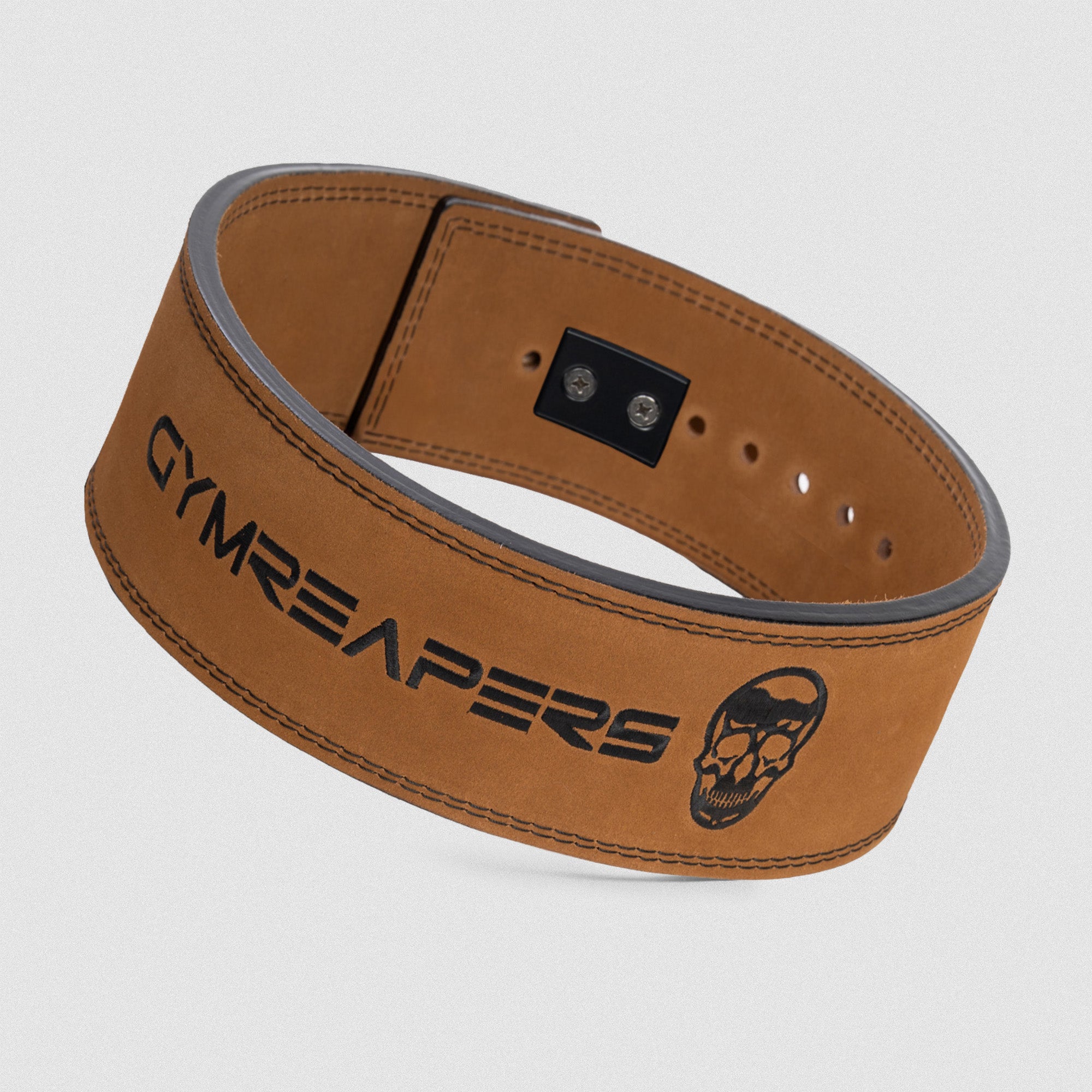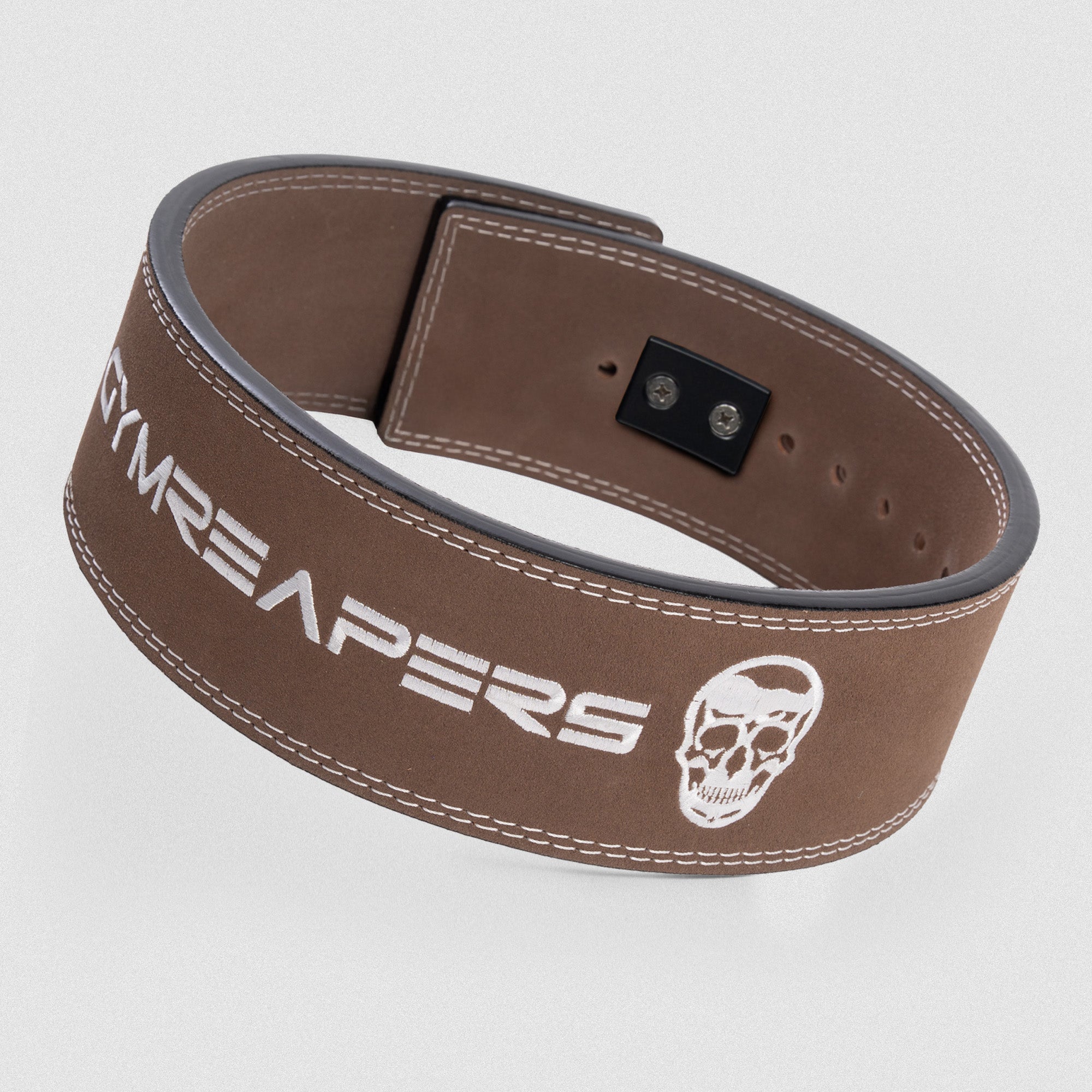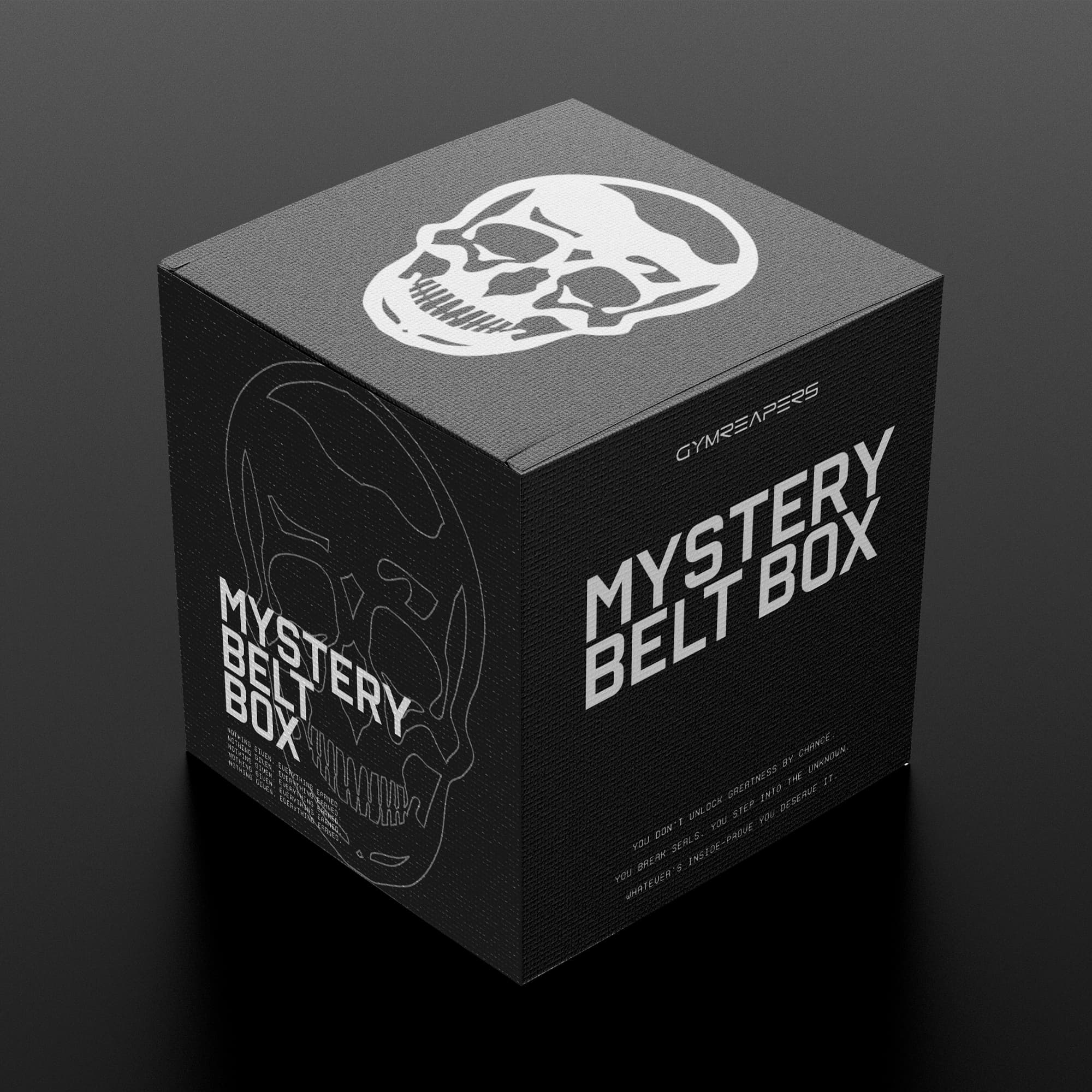Lever Belts
Shop the Best Lever Belts for Powerlifting, Weightlifting & Squats | IPF Approved & Durable Leather Options
Lever Belts for Weightlifting, Powerlifting, & Strength Training
The right workout gear can be the difference between pulling your next PR and pulling a muscle. A weightlifting belt is more than a gym accessory; it’s a tool that can boost your performance, stability, and confidence under the bar. Looking for the best belt for powerlifting, bodybuilding, or heavy training? A Gymreapers lever belt can help you move safer while you get stronger.
What is a Lever Belt?
A lever belt is a rigid weight lifting belt that locks tight with a lever buckle—that’s where it gets its name. Once you adjust its position, the lever snaps open and shut in seconds, giving you the same fit for every session. No more messing around with straps or prongs, just clamp the lever down, lift, and release when you’re done. A gym belt should help you feel locked in and let you lift with confidence. Gymreapers lever belts are made from premium leather and heavy-duty metal hardware. Serious athletes and recreational lifters trust us for their powerlifting, bodybuilding, and other workout gear, and for good reason. We stand behind all of our lever belts with a lifetime warranty.
When Should You Use a Weightlifting Belt?
Use a belt for heavy compound movements like deadlifts and squats, or any time when core bracing is critical.
Key Benefits of Lifting With a Belt
Convenience: Lever belts offer the best of both worlds—protection and convenience with an easy on/off system and a repeatable fit every time.
Safety: By creating a solid surface to brace your core against, a quality belt keeps your trunk rigid, protects your spine, and enables safer max-effort lifts.
FAQs – Lever Belts
How do I use a lever belt?
Position it around your core, lock the lever, and brace against it for maximum stability.
How do I choose the best weightlifting belt?
The best gym belt is subjective to YOU. Pick a belt with the right rigidity for your lifts, and that fits comfortably across your core. You want your spine to stay protected so your focus can stay on your lift.
Can a beginner lifter use a lever belt?
Yes, absolutely. Beginners can benefit from learning how to brace with a belt early, especially on heavy compound lifts.
How do you properly size a weightlifting belt?
Measure around your navel, not your hips. A weightlifting belt sizes to your core—not your hips. View our sizing charts below for precise measurements.
What’s the difference between a 10mm belt and a 13mm belt?
The biggest difference is how rigid each belt is. A 10mm lever belt offers versatile support for training, while a 13mm belt is stiffer and built for maximum bracing in heavy competition lifts.
Do lever belts prevent back strain and other injuries?
A good belt can assist with bracing and stability, but starting with a proper technique is the best way to prevent injuries. The belt is there to help you lift, not to lift for you.
Level Up Your Lifts
Ready to feel the difference in stability and support? Browse our full collection of premium lever belts and find the perfect weightlifting belt for your training.








